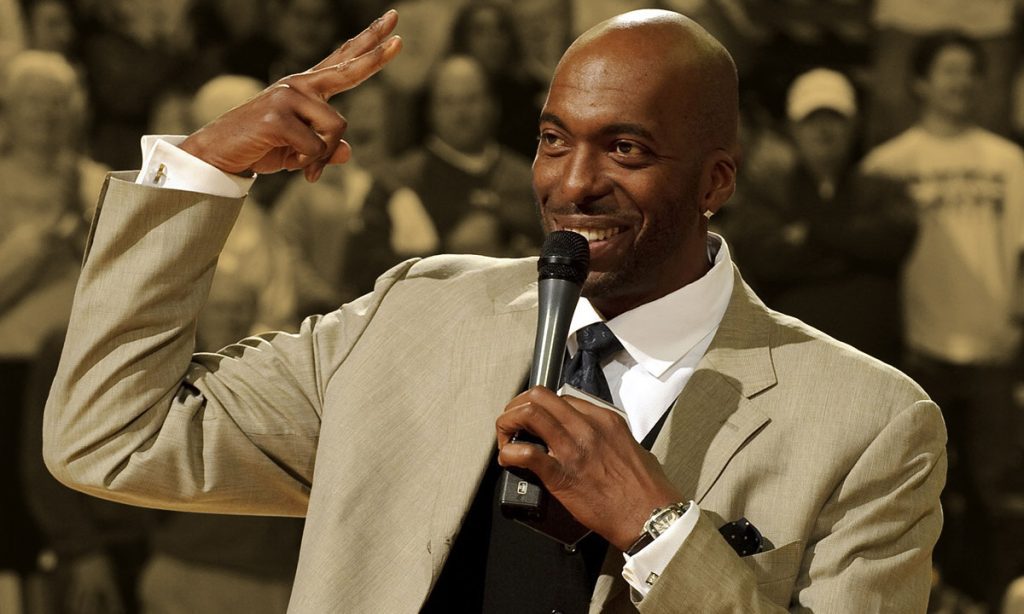“I didn’t agree with it in ’91, I don’t agree with it now” – John Salley admitted he didn’t want to walk off the court without shaking the Bulls’ players’ hands originally appeared on Basketball Network.
The 1991 Eastern Conference finals signified the decline of the Detroit Pistons and the emergence of Michael Jordan’s Chicago Bulls.
This memorable moment is often recalled for the Pistons’ refusal to shake hands, epitomizing their pride. Instead of a sportsmanlike gesture, they executed a calculated exit from the court, forever marking one of the most controversial moments in NBA playoff history.
Salley’s Perspective
This walk-off was perceived by many as a petty act, but John Salley, a former Pistons player, revealed that not all teammates supported it. He stated, “I didn’t agree with it in ’91; I don’t agree with it now.” Salley acknowledged the team’s unified front but highlighted individual sentiments, noting that “we were 12 individual companies.”
Salley expressed his discomfort during the game, insisting he wanted back in to avoid being part of the walk-off. His awareness of the moment’s significance, both for the team and the NBA culture, underscored the complex dynamics within the Pistons, known for their toughness on the court yet composed of distinct personalities.
A Gesture of Sportsmanship
While the narrative focused on the team’s departure, Salley sought to extend a hand to specific players. He recounted, “When the game was over, the first person I went up to was my frat brother,” followed by fellow players Horace Grant and Scottie Pippen. This action conveyed a sense of personal sportsmanship amidst the collective pride of his team.
This decision has been widely discussed, particularly spotlighted in ESPN’s “The Last Dance.” Isiah Thomas, the Pistons’ leader, described the exit as an emotional reaction to defeat. However, it resulted in significant backlash, including his exclusion from the 1992 Dream Team, symbolizing the divide between two competitive eras.
Salley continued his career by securing two additional championships, one with the Bulls in 1996 and another with the Lakers in 2000, becoming the first player to win titles with three franchises. His journey post-Pistons showcased him as both a fierce competitor and a bridge between rivalries.
This article was initially published by Basketball Network on Jun 21, 2025.



